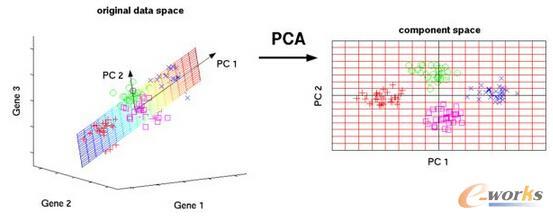We put forward new general criteria to design successor rules that generate binary de Bruijn sequences. Prior fast algorithms based on successor rules in the literature are then shown to be special instances. We implemented the criteria to join the cycles generated by a number of simple feedback shift registers (FSRs) of order $n$. These include the pure cycling register (PCR) and the pure summing register (PSR). For the PCR, we define a transitive relation on its cycles, based on their weights. We also extend the choices of conjugate states by using shift operations. For the PSR, we define three distinct transitive relations on its cycles, namely a run order, a necklace order, and a mixed order. Using the new orders, we propose numerous classes of successor rules. Each class efficiently generates a number, exponential in $n$, of binary de Bruijn sequences. Producing the next bit in each such sequence takes $O(n)$ memory and $O(n)$ time. We implemented computational routines to confirm the claims.
翻译:我们提出了新的通用标准来设计产生二进制的Bruijn序列的后继规则。 文献中基于后继规则的先前快速算法被证明是特殊情况。 我们应用了将一系列简单的反馈转换登记册(FSRs)生成的周期合并为一美元的标准。 其中包括纯自行车登记(PCR)和纯抽取登记(PSR) 。 对于PCR, 我们根据其重量, 定义其周期的过渡关系。 我们还使用轮班操作来扩展共产国家的选择。 对于PSR, 我们定义了三个不同的循环过渡关系, 即运行顺序、项链顺序和混合顺序。 我们使用新的订单, 提出了许多类别的继承规则。 每个类别都有效地生成了一个以美元指数计数的Binary de Bruijn序列。 在每一序列中绘制下一个部分需要$(n) 记忆和$(n) 时间。 我们用计算程序来确认索赔要求。


